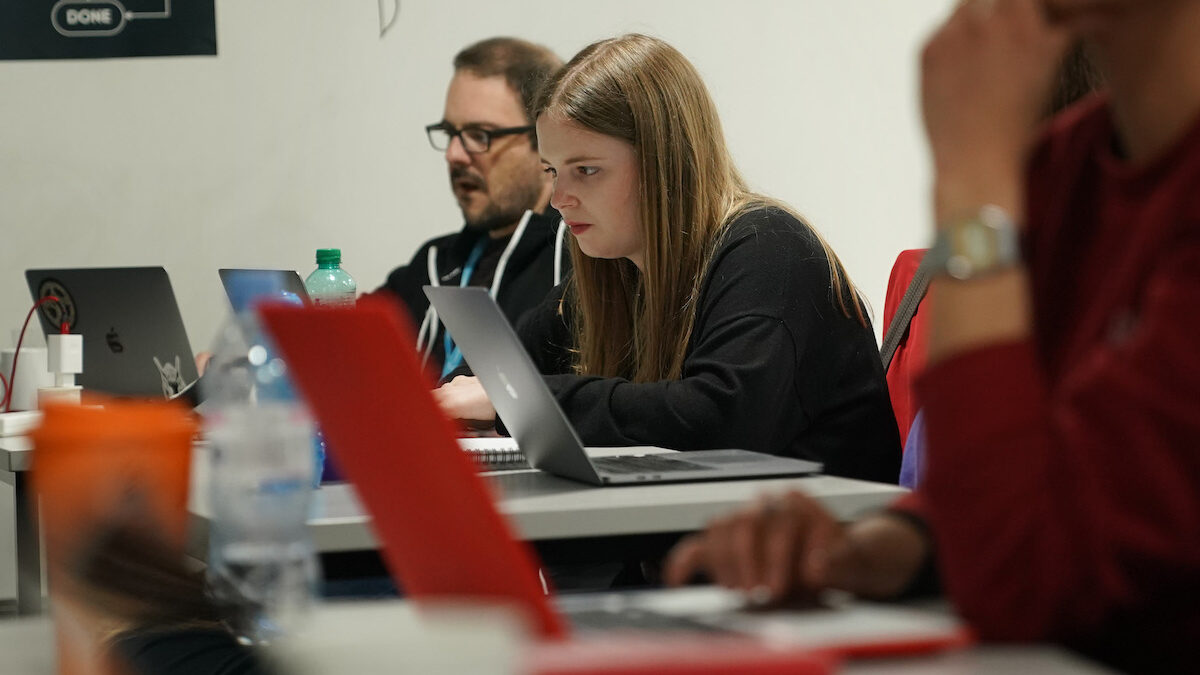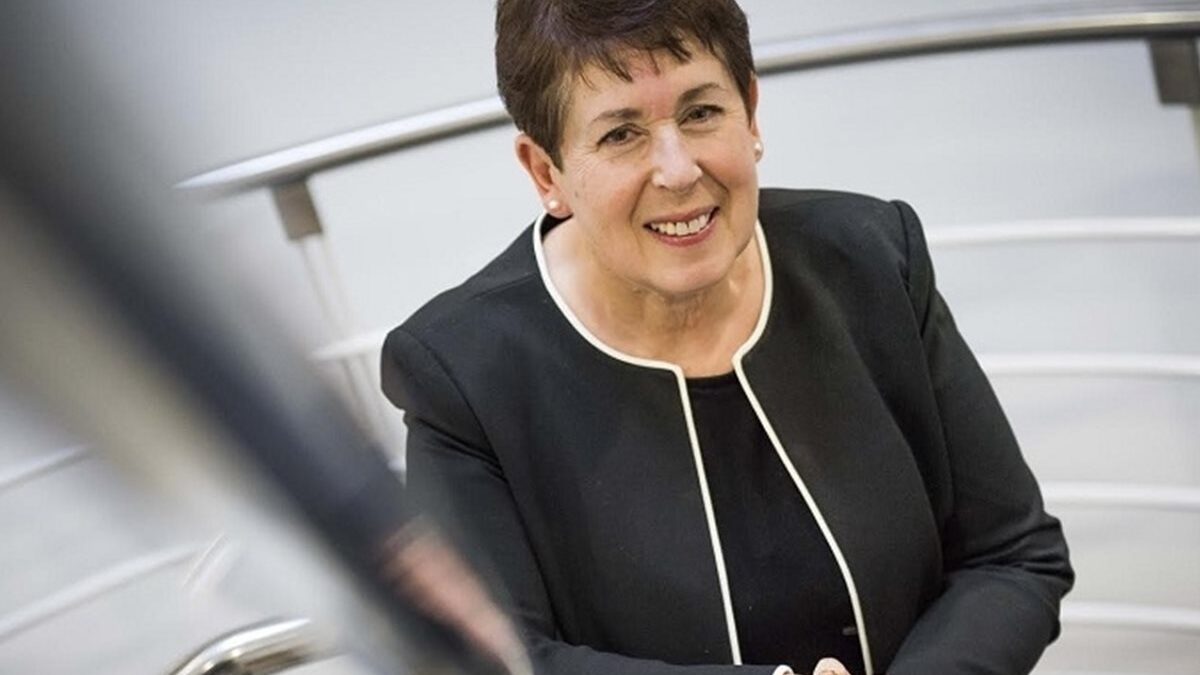Top skills you need for your tech recruits
The following piece was written by CodeClan and originally appeared in FutureScot on 17th October 2022.
Most software developers need specific ‘hard skills’, otherwise known as technical skills. They include things like programming languages and software testing. But developers also need ‘soft’ or essential skills – the ones probably already acquired through past work experience.
Take a look at the top three soft and hard skills young people need to become an effective software programmer. This list is not exhaustive, but it makes an excellent starting point.
Soft skills for software development
1. Problem-solving or analytic skills
As a software developer, they will frequently face technical problems to resolve. They will often encounter bugs in code. They might also need to develop new software solutions.
People with strong problem-solving or analytic skills are well-suited to this line of work. Good developers can analyse and summarise a problem before considering several angles and finding a solution.
Analytical skills are not unique to people who work in STEM. Most professional roles require critical thinking and gauging the best way to respond to an obstacle.
2. Time management
Software developers often need to meet tight deadlines. They also need to keep abreast of the latest technical developments in their area of expertise.
Balancing deliverables with self-teaching requires strong time management skills. Organising and prioritising tasks are important though often overlooked aspects of a developer’s role.
Time management is an essential skill. How often do your recruits need to exercise time management skills in their role?
3. Communication skills
Developers rarely work in isolation. Rather, they are part of a wider team tasked with delivering a set project. That team will usually need to collaborate with other groups.
This makes strong communication skills highly desirable in a software developer.
Knowing how to ask the right questions, bring up challenges, propose solutions and get along with teammates are integral to the development process.
If they have ever had to give a presentation, contribute to a meeting or participate in teamwork, then this is a way to see how they have exercised their communication skills. The question is, How strong is their communication and does it fit into your organisation?
Hard skills for software development
1. Programming languages
There are literally hundreds of programming languages, which can make learning how to code seem a little daunting.
The five most popular programming languages for developers are JavaScript, HTML/CSS, SQL, Python, and TypeScript.
But that does not mean your new recruit needs to know all there is to know about these languages to become a software developer. In reality, most developers know a handful of programming languages, and they are constantly updating their knowledge of how to use them.
The best way to start? Learn the basics of one programming language. This is how CodeClan supports our career changers and upskills our partner network. We have a whole range of courses to help you.
2. Software testing and debugging
It is one thing to write code; it is another thing entirely to make it work.
Testing software is another key part of a developer’s role. There are specialists whose role is to design test procedures – often, developers must learn how to apply them.
Testing often reveals bugs in software. Developers need to identify what is causing the bug – they can then begin to find a solution – often by asking other teammates or turning to online forums.
3. Data structure
Data structures are methods of organising data to make performing operations more efficient.
Just like programming languages, there are different types of data structures, including arrays, stacks and queues. Getting to know different data structures and learning which to choose is a key technical skill for software developers.
Final thoughts
Just like any other profession, software development requires a range of soft and hard skills.


